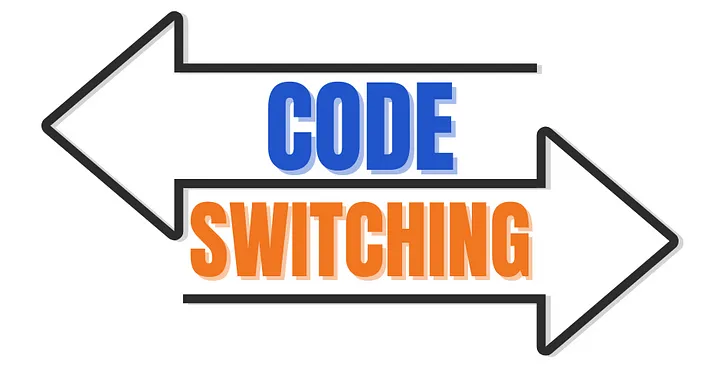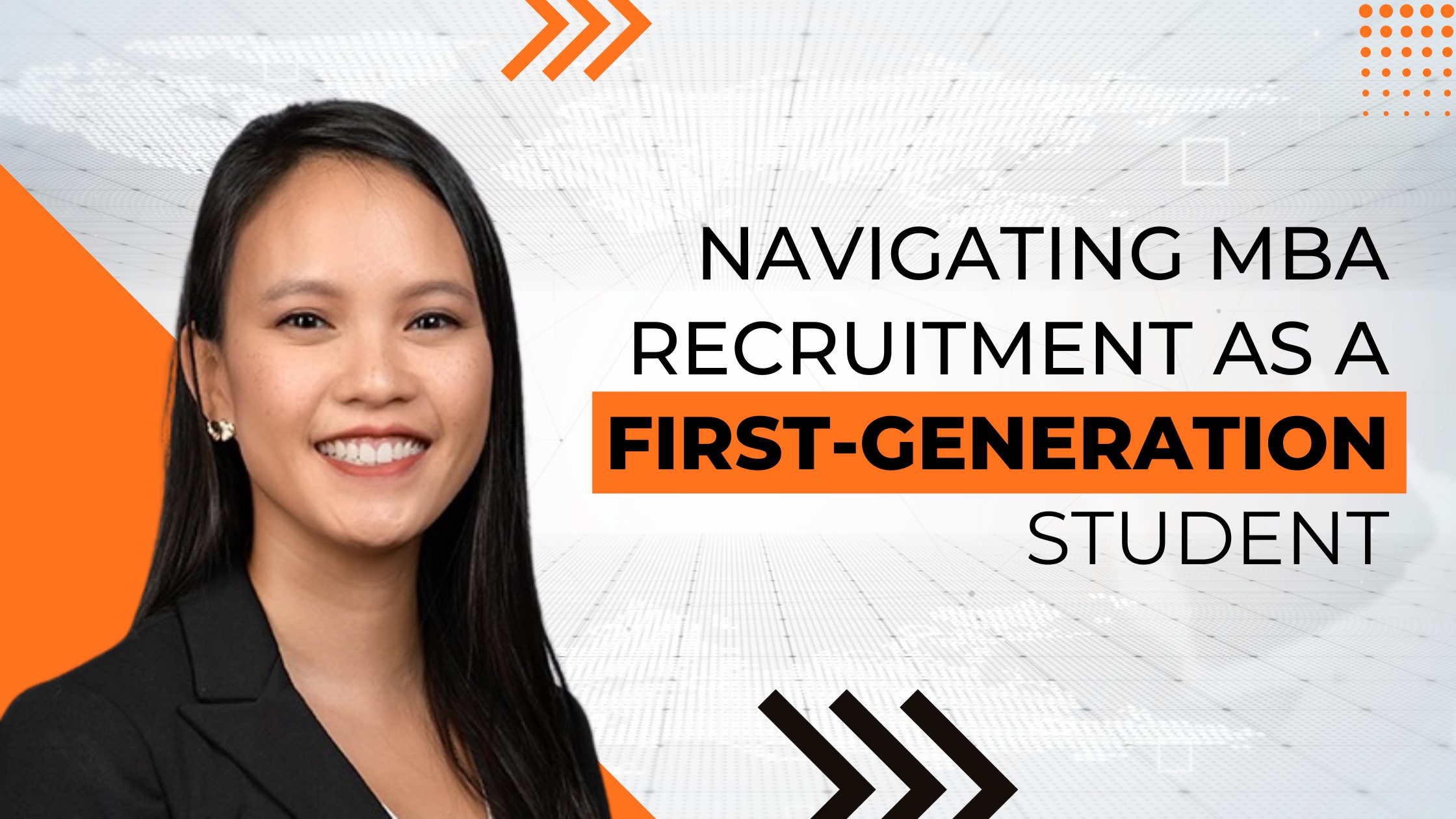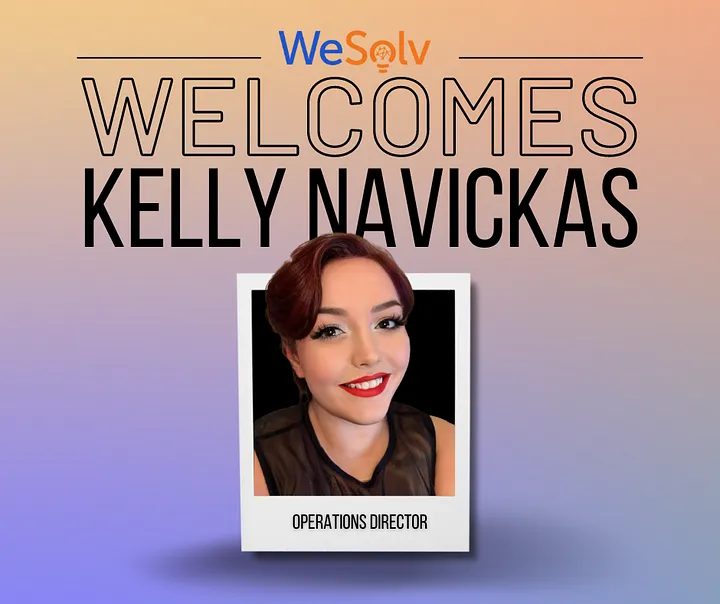The journey towards financial equity is multifaceted, and the academic realm plays a significant part in shaping it. As we navigate a society where the racial wealth gap continues to pose daunting challenges, the role of university
career centers is more crucial than ever, particularly in influencing the trajectory of post-MBA careers for underrepresented students.
Understanding the Wealth Gap and its implications:
The racial wealth gap is not a hidden issue. According to the Federal Reserve’s Survey of Consumer Finances, the median wealth of Black families ($24,100) is significantly lower compared to that of white families ($188,200). For
Hispanic families, the median wealth is $36,100. Such stark disparities ripple into every facet of life, including access to quality education and lucrative career opportunities.
The Disparity in Post-MBA Careers:
Even after earning an MBA — a degree known for its potential to unlock higher earning power — the disparity persists. Data shows that Black and Hispanic MBA graduates are underrepresented in top-tier, high-paying roles in sectors such
as consulting, finance, and technology. This inequity extends beyond just the numbers on a paycheck. It affects the opportunities for growth, influence, and leadership that these roles often present.
The Role of University Career Centers:
University career centers are uniquely positioned to contribute to alleviating this issue. With a thorough understanding of the job market and a close relationship with students, they can assist underrepresented MBA students in gaining
competitive advantages to land high-paying roles. Here’s how:
Fostering Industry Connections: By providing a platform for underrepresented students to network directly with diverse industry leaders, career centers can help to bridge the network gap that often hinders
marginalized students from accessing high-paying jobs.
Tailored Guidance: One-on-one counseling sessions can include specific advice on salary negotiations, understanding their market value, and advocating for competitive compensation packages. These are critical
skills that can aid in narrowing the wage gap.
Advocacy and Education: Encourage recruiters to not only diversify their candidate pool but also assess their pay structures for any racial or gender disparities. Advocating for equitable pay structures can
help to directly address the wealth gap.
Skill Development: Offering specialized workshops that boost students’ skill sets will make them more competitive in the job market, thus increasing their chances of landing higher-paying roles. Also,
emphasize soft skills like negotiation, which directly influences their capacity to demand competitive salaries.
Data Utilization: Leverage data analytics to identify any wage discrepancies among the hired students. If a pattern emerges where underrepresented students are accepting lower salaries, career centers can
address this issue directly through targeted workshops on salary negotiation and understanding industry market rates.
Universities have a unique opportunity to influence the narrative around the racial wealth gap through their career centers. By focusing on purposeful actions to enhance opportunities for underrepresented MBA students, they can play an
essential role in driving change and fostering a more equitable future.











